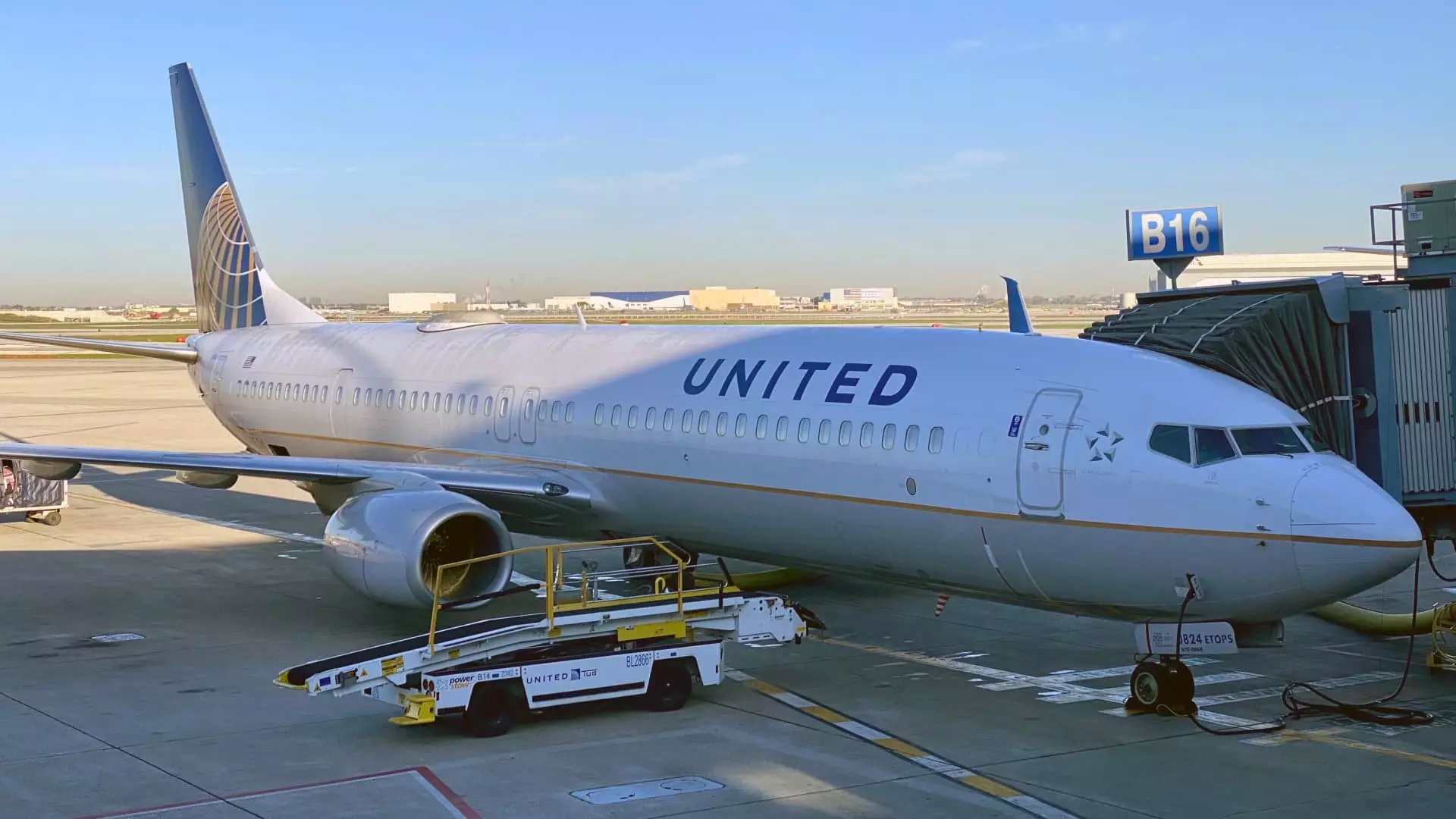When it comes to flight delays, bad weather is often cited as the main culprit. However, it is essential to recognize that even seemingly good weather conditions can lead to disruptions in air travel. Thunderstorms hundreds of miles away can impact flights, causing delays and reroutes. The Federal Aviation Administration may issue ground stops to manage traffic flow and prevent airport overload. Delays can result in flights departing late and taking longer routes to avoid adverse weather conditions.
Unlike larger weather systems such as winter storms and hurricanes, thunderstorms can develop rapidly and are challenging to predict accurately. These sudden weather changes can catch airlines off guard, leading to flight disruptions. Moreover, delays caused by inclement weather can have a domino effect, resulting in planes and crews being out of position.
In an effort to enhance communication with passengers regarding flight delays, United Airlines has introduced a new initiative. The airline is leveraging generative artificial intelligence to provide travelers with live radar maps, sourced from FlightAware, a flight-tracking platform. These radar maps offer real-time information on weather patterns and disruptions that may impact flight schedules. Additionally, United is incorporating data on other causes of flight disruptions, such as mechanical issues and airport congestion.
United Airlines plans to test this technology during the upcoming July Fourth holiday period, which is expected to see a record number of travelers. With 5 million people projected to fly between June 28 and July 8, an increase of 7% from the previous year, the airline aims to streamline communication and mitigate the impact of flight delays. By providing passengers with timely and accurate information, United aims to improve the overall travel experience and minimize disruptions.
According to data from FlightAware, nearly 942,000 U.S. airline flights, representing 21.4% of all flights, arrived late in the first half of the year. While this figure is slightly better than the 22.3% of late arrivals recorded in the same period the previous year, flight delays remain a prevalent issue in the aviation industry. By leveraging advanced technologies and innovative solutions, airlines like United are striving to address the challenges posed by weather-related disruptions and improve operational efficiency.


Leave a Reply